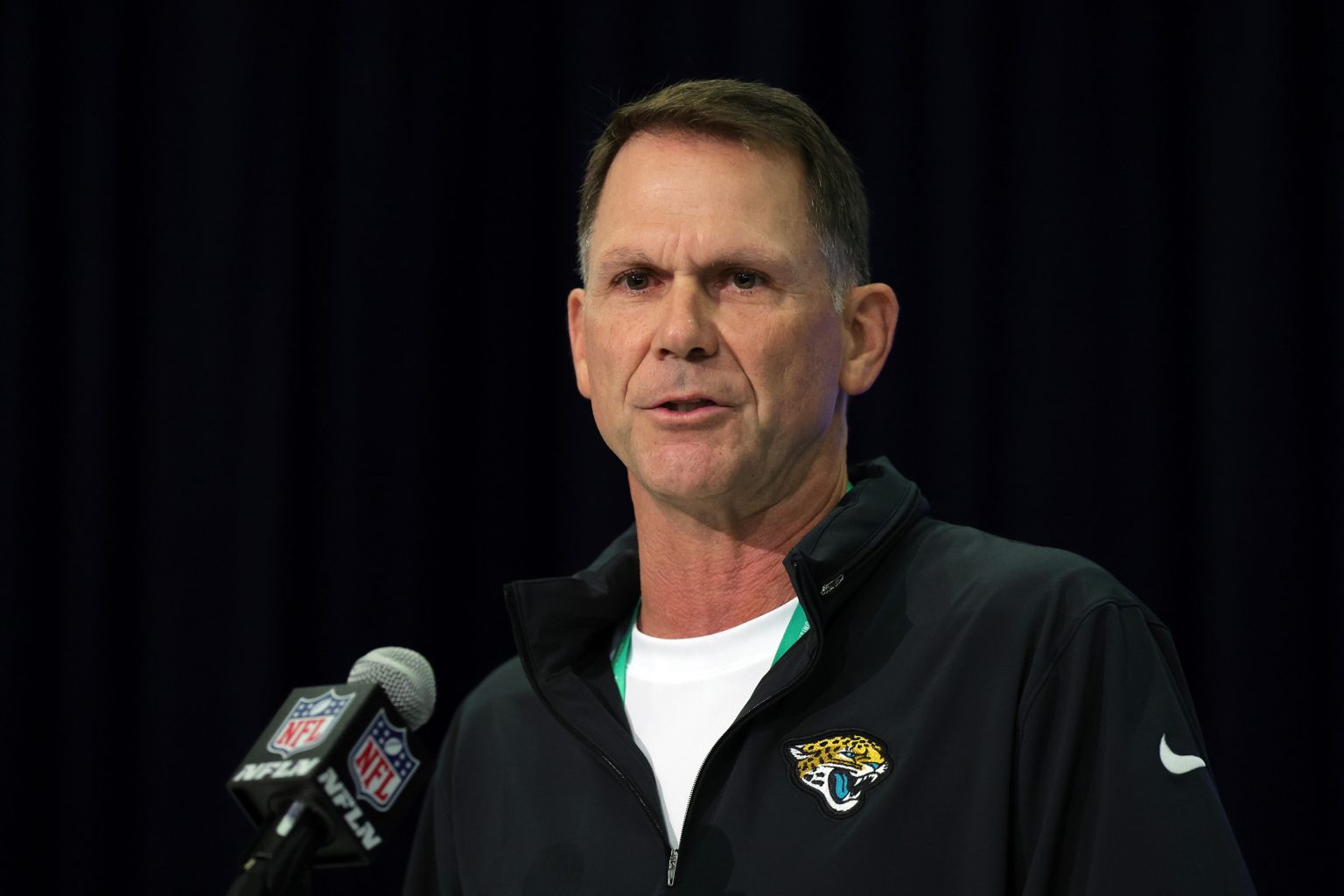The Jacksonville Jaguars’ search for a new head coach took a dramatic turn, evolving from a challenging recruitment process hampered by the presence of General Manager Trent Baalke to his ultimate dismissal and the promise of a fresh start for the franchise. Initially, the Jaguars struggled to attract and retain top coaching candidates, with Tampa Bay Buccaneers offensive coordinator Liam Coen being the most recent high-profile individual to withdraw his name from consideration. Reports consistently pointed to Baalke’s continued presence within the organization as the primary deterrent. His reputation, marked by previous controversies and perceived shortcomings in personnel management, created a significant obstacle for the Jaguars in their efforts to secure a qualified and respected head coach.
Baalke’s tenure as general manager was marred by criticism stemming from his time with the San Francisco 49ers and his subsequent role with the Jaguars. Many analysts and commentators pointed to a pattern of questionable personnel decisions, strained relationships with coaches and players, and an overall lack of success in building competitive teams. These perceived deficiencies created a negative perception around the Jaguars organization, making it less appealing to prospective head coaches who desired autonomy and a collaborative working environment. The reluctance of candidates like Coen to join the Jaguars under Baalke’s leadership highlighted the extent to which his presence had become a liability.
The accumulating pressure surrounding Baalke’s continued employment, coupled with the increasing difficulty in attracting a suitable head coach, ultimately forced the Jaguars ownership to reconsider their initial decision to retain him. Recognizing the detrimental impact his presence was having on the franchise’s future, ownership reversed course and ultimately terminated Baalke’s employment. This decisive action signaled a willingness to prioritize the long-term success of the team and address the concerns that had hampered their coaching search.
The firing of Trent Baalke represents a significant turning point for the Jaguars and provides an opportunity for a much-needed reset. By removing the perceived obstacle that Baalke represented, the Jaguars can now approach the head coaching search with a renewed sense of optimism and attract a wider pool of qualified candidates. The organization can now present a more appealing and collaborative environment, emphasizing the opportunity to build a winning culture and shape the future of the franchise. This clean slate allows the Jaguars to focus on attracting a head coach who aligns with their vision and can work effectively with a new general manager to construct a competitive roster.
Moving forward, the Jaguars face the crucial task of not only securing a capable head coach but also appointing a new general manager who can work in tandem with the coaching staff to rebuild the team. The search for a new general manager will be equally important, as the individual selected will play a critical role in shaping the roster and acquiring the necessary talent to compete in the NFL. The organization must prioritize finding individuals who share a common vision and can establish a collaborative working relationship to foster a positive and productive environment.
The Jacksonville Jaguars’ decision to fire Trent Baalke marks a significant step towards revitalizing the franchise and creating a more attractive destination for coaching and playing talent. By removing the perceived roadblock that Baalke represented, the Jaguars can now focus on building a winning culture and achieving sustained success in the NFL. The upcoming search for both a head coach and general manager will be pivotal in determining the future direction of the team and their ability to compete at a high level. The organization must learn from past mistakes and prioritize building a cohesive and collaborative leadership structure that can lead the Jaguars to a brighter future.

